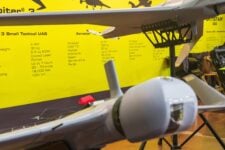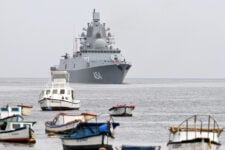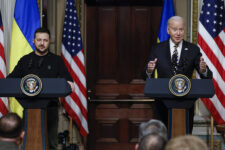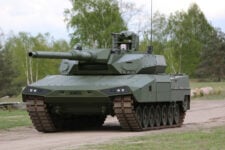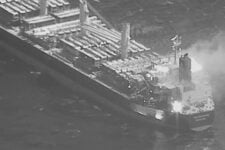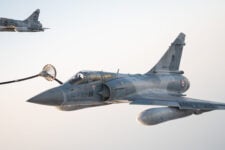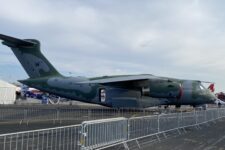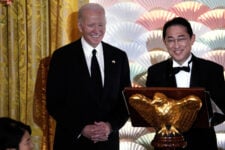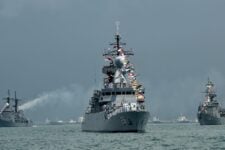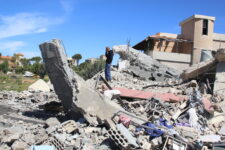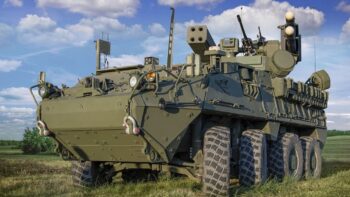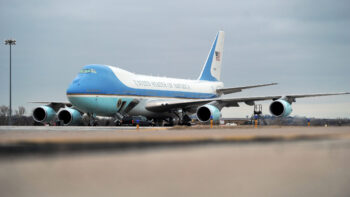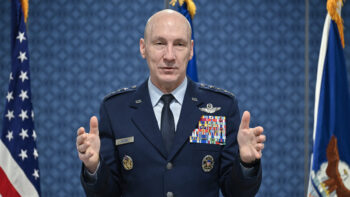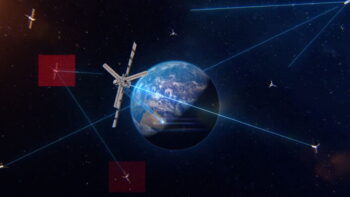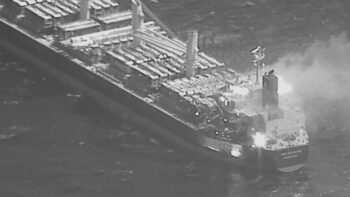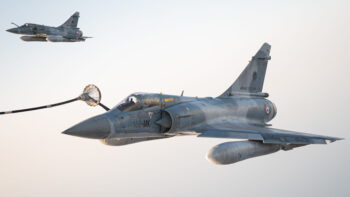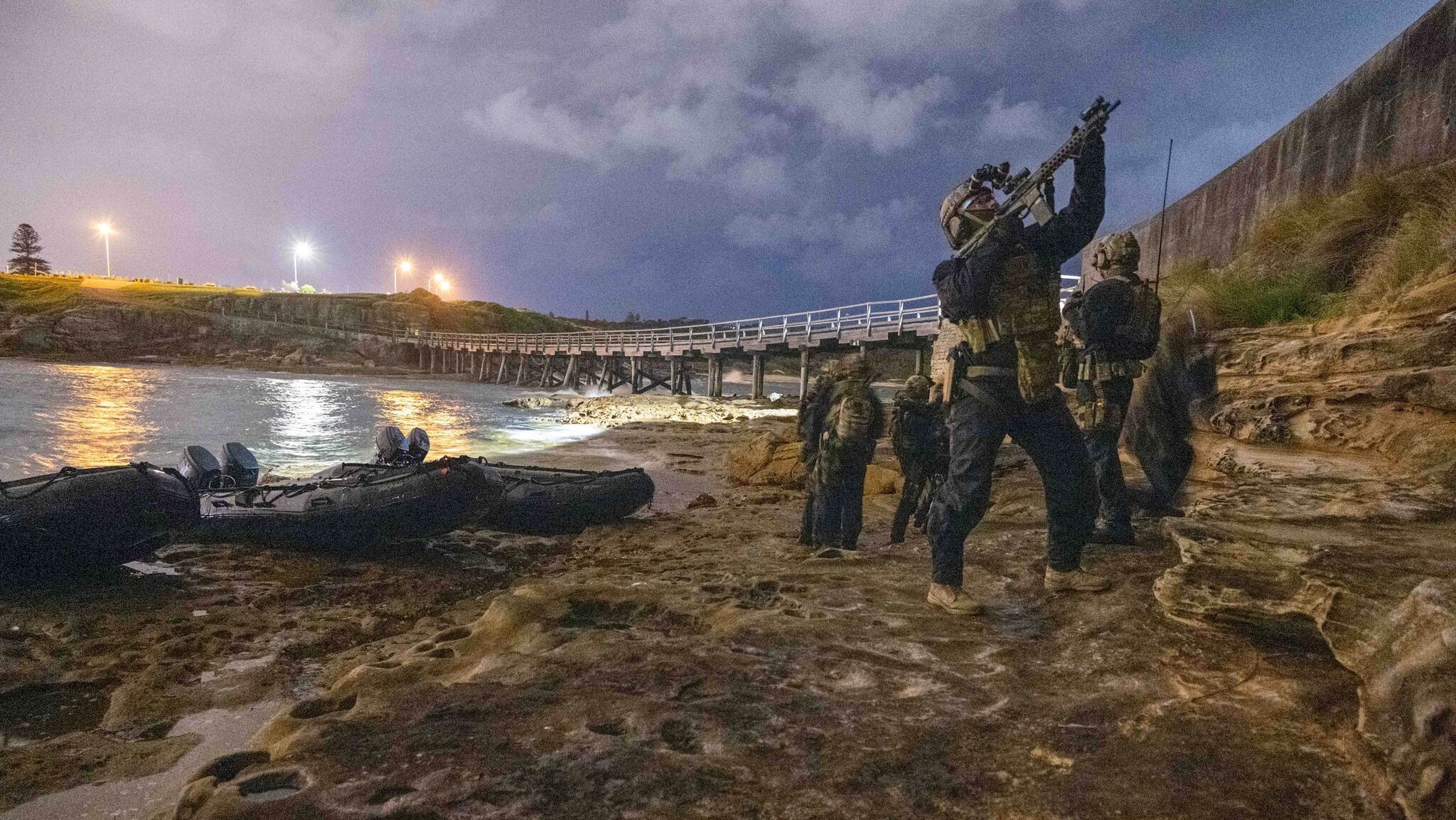
Japan’s Special Operations Group, JGSDF, conducted a field training exercise with the Special Operations Command Australia in September 2023. This photo was posted on social media by the Japanese Self Defense Forces. (SDF)
TAMPA, Fla. — With threats from China, North Korea and Russia spread out across the Indo-Pacific, it is time for Japan’s special operations forces to create greater ties with their partners in the region, according to a key Japanese Self Defense Force (SDF) officer.
Col. Taisuke Fujimura, Deputy Commander of the Japan’s Self Defense Force’s (JSDF) Amphibious Brigade and a former Commanding Officer of Japan’s Special Operations Group (JSOG), said in rare public comments at a May 9 event for SOF Week that, “We need more regional cooperation to enhance [Japanese] SOF.”
He also said SOF must support a strategic effort to deter adversaries and “deliver a message to opponents directly or indirectly” through non kinetic means, including psychological warfare and counter-intelligence, in order to create doubt in an adversary’s mind.
“Humans are more important than technology. We must use technology and not let technology use us,” Fujimura added before concluding: “The SOF community has to work together to deal with global challenges.”
Listening to Fujimura, Commander of the US Special Operations Command Pacific (SOCPAC) and US Navy SEAL Rear Adm. Jeromy Williams announced he was in “complete alignment” with his Japanese colleagues.
“We appreciate all of the progress that we’ve made over the past two years in particular, without going into any of the classification details, is a massive uptick in our strategic alignment,” Williams said. “I will point to the ‘Keen Edge’ exercise in particular with our Australian counterparts as well as Japanese as a hallmark event for that.”
Williams went onto describe SOCPAC’s “absolutely critical” relationship with the JSDF as well as other coalition allies and partners across the region, adding that he’s “very impressed with what’s happened in the last 18 months in Tokyo.”
Also present was commander of the Australian Special Operations Command, Maj. Gen. Paul Kenny who described how the relationship between Australian and Japanese SOF had evolved over a decade from military freefall training and other basic skills to “much more complex training activities.”
“Our initial focus was sharing our experiences in counter-terrorism which includes how you might respond to a domestic terrorist attack. And Australia, amongst other nations, shared their experiences with our Japanese counterparts in the run up to the Tokyo Olympics.
“But in the last couple of years … we have collectively shifted our approach as our nations’ governments have realized the instability that is occurring in our region due to maligned behavior by the PRC in particular, but also the ongoing disruptions by behaviors from the DPRK.
“Both the Japanese and the Australian governments are strongly aligned. And in fact, I think your Prime Minister made the point that Australia is a ‘quasi-ally,’” Kenny said. “So while we don’t have a formal alliance, we are very, very closely aligned.”
Kenny also highlighted close cooperation between Australian SOF and the JSOG as well as the Japan’s Maritime Self Defense Force’s Special Boat Unit (SBU).
“We appreciate the work we’ve done with SBU as we’ve conducted ‘Quad’ exercises with the US, India and Japan,” he said while highlighting Exercise Malabar — a maritime focused exercise involving Visit, Board, Search and Seize (VBSS) activities.
Both the US and Australian SOF officials noted that industry is a vital part of how they are able to operate.
“I would advocate to those from industry that we are looking to you for your creativity. And in regard to some of the folks that are here representing very exotic, very bespoke military systems, those absolutely have to be complemented with what we would call consumable, rapidly procurable and scalable systems,” Williams said.
Added Kenny, “We, as regional partners in the Indo-Pacific, need to work very closely with [industry] to make sure we’re sharing and collaborating as much as possible. No one country has the best ideas. No one country has the best innovators when we are facing a threat such as China and including their industrial base and their propensity to steal technology from our nations, we need to work closely together to firstly out-innovate them, but also protect our ideas.”
